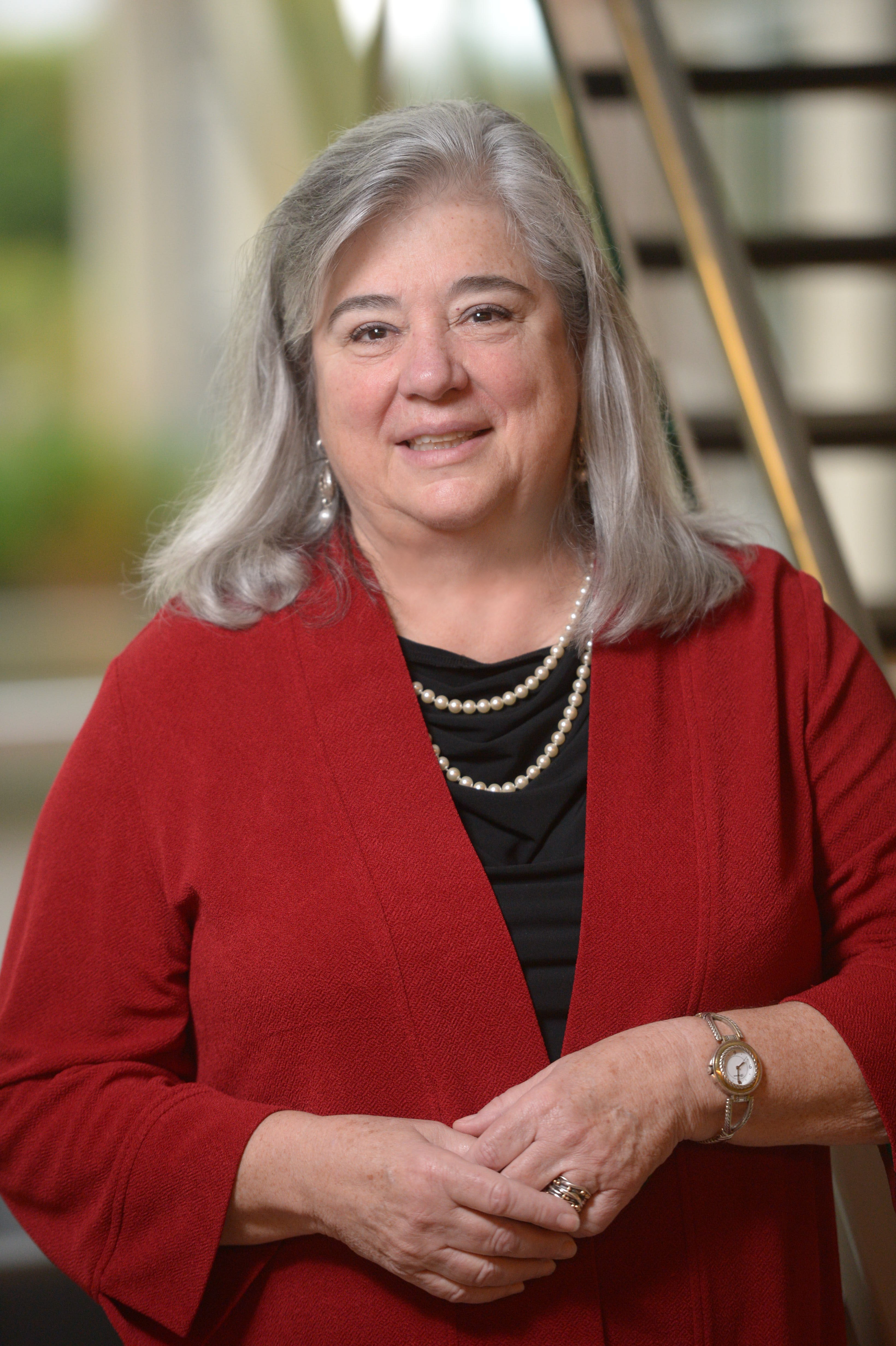In 1980 when Chicago and Cleveland became the Society’s first charted chapters, ONS established a new way of connecting and supporting oncology nurses directly in their local communities. Today, more than 200 local ONS chapters are thriving throughout the United States.

As a young organization, ONS made the commitment to a model in which chapters are a local presence as opposed to state or regional entities. Chapters are not independent from ONS National and are legally part of ONS’s nonprofit status, which has implications for how local boards can manage their chapters and how they are accountable to ONS National. Chapters promote ONS’s mission and strategic priorities in their communities and provide opportunities for members to develop leadership skills that support career advancement. ONS Board of Directors members often credit their chapter leadership experiences as preparation for ONS National leadership.
However, many of our chapters are experiencing stresses that the COVID-19 pandemic and work environment conditions have only augmented. Since I became the ONS chief executive officer, every ONS Board has been concerned with how to best support our chapters.
Many variables contribute to a chapter’s success, particularly strong leaders who are committed to developing future leaders. But chapters also face many challenges, including the general state of nurses’ exhaustion and burnout. An association consultant recently said that association chapters are a 20th century model that does not fit the environment of the 21st century. At a recent meeting, another association leader said that chapters are a 19th century model developed from the trade guilds of the 1800s that do not work in today. If they are accurate, what is the model for the future?
ONS is working with consultants at Hackworks, a company we partnered with previously on a series of hackathons in 2020 and 2021, to answer that question. Hackathons harness the power of co-creation and are a more inclusive process to find solutions to questions, ensuring that ideas evolve and are not forced or predetermined.
As ONS looks at our chapter model, your involvement in our co-creation is important, whether you are a chapter leader, chapter member, or not a chapter member. Your first opportunity to share your voice was through our chapter improvement survey. Now, we are conducting virtual and in-person workshops with ONS members in three phases. Most of the project’s actions will be completed by the end of 2023, and the Board will consider the recommendations in early 2024.
Many times throughout ONS’s history, our leaders have courageously implemented innovative approaches to serve the membership. Chapters were an early undertaking and have been successful because of the partnership between national and local leadership. In those 43 years, ONS leaders have progressed our chapter procedures and policies to meet the changing landscape. Today’s chapter model initiative has the same goal, but what is different this time is the strategy we are using to reach it: co-creation. Every member has an opportunity to inform and influence the outcome.
Thank you to those who have contributed their voice by completing the survey. You have helped shape the future model for ONS chapters.






